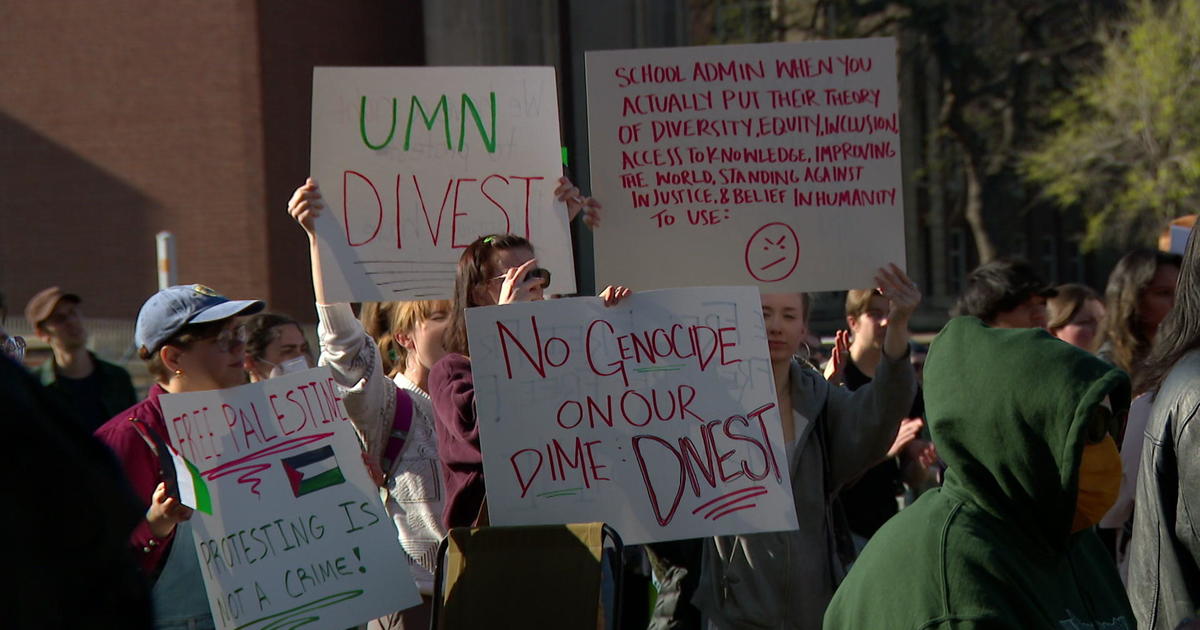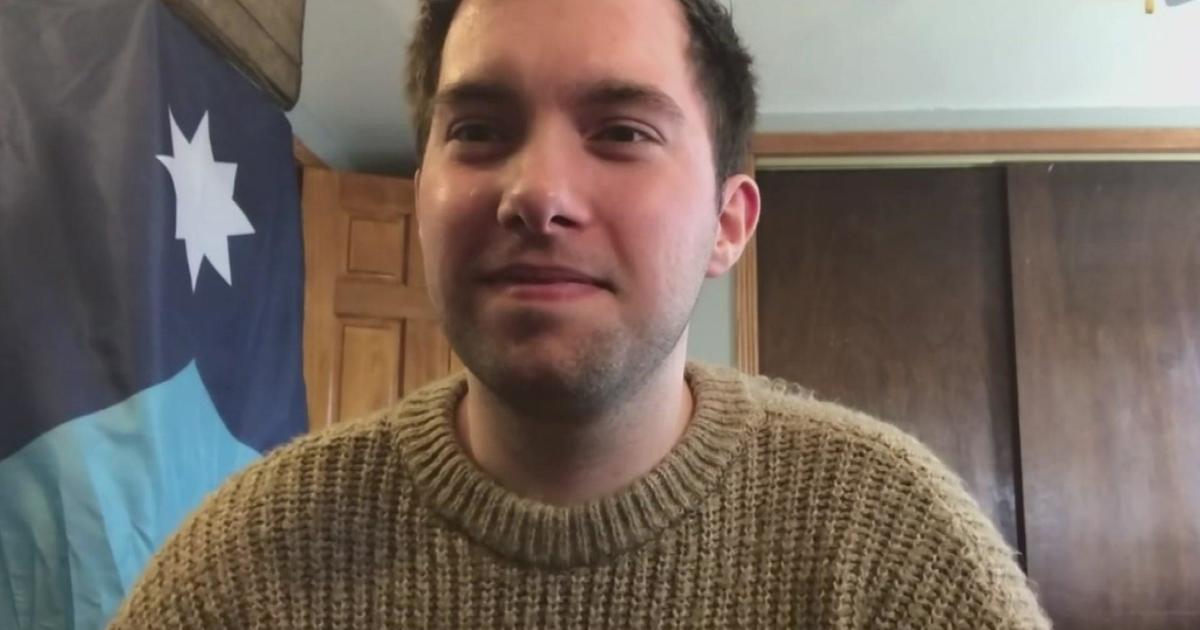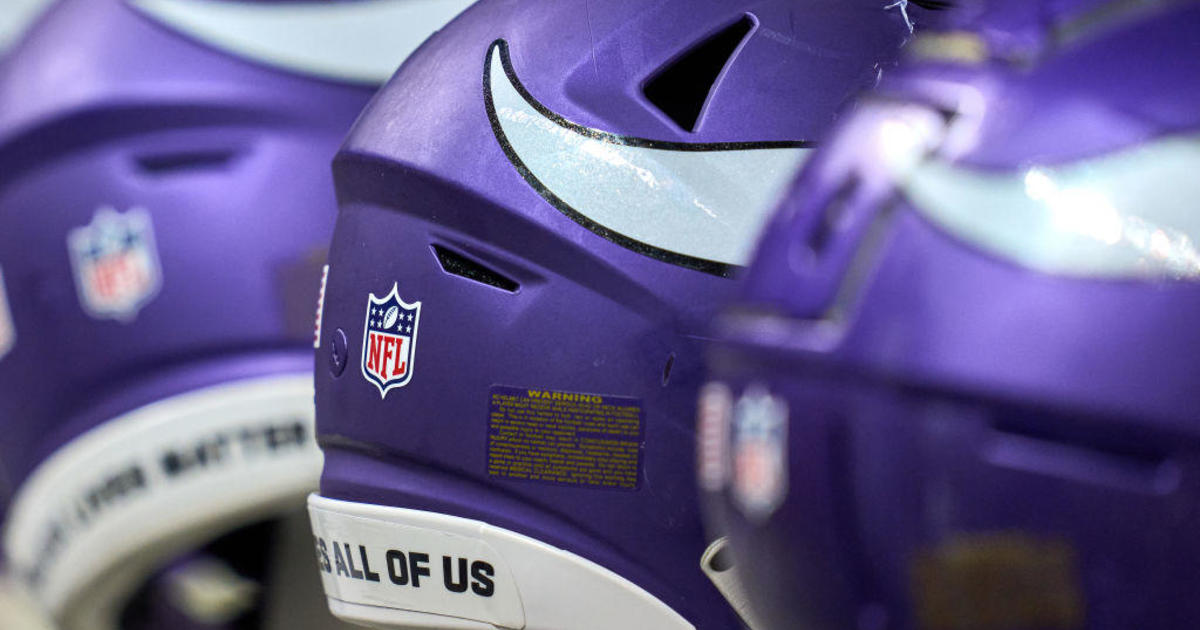Federal Reserve Bank's Neel Kashkari: Prepare For 'Worse Downturn' If 2nd Stimulus Package Isn't Passed
MINNEAPOLIS (WCCO) -- America's economy is a two-sided coin. One side shows a resurging stock market. On the other, struggling small businesses trying to weather a pandemic and the restrictions that come with it.
WCCO spoke Tuesday with Neel Kashkari, president and CEO of the Federal Reserve Bank of Minneapolis.
"Ultimately, we have to get control of the virus in order to fully restore our economy," Kashkari said.
He adds that economic restoration cannot happen until a COVID-19 vaccine is available. Based on his conversations with medical professionals like Dr. Michael Osterholm, infectious disease expert at the University of Minnesota, Kashkari said a vaccine won't be available for another nine months to a year.
"Until we feel safe to go back out to restaurants, in a crowed restaurant, or movie theaters, or sporting event, the economy is not going to get back to normal. And that safety is only going to come when we all feel like it's safe ourselves and for our families, and that's why a vaccine is so important," Kashkari said.
Surviving not just the virus, but its impact on job loss is another major hurdle for America. That's why Kashkari believes a second stimulus package is needed, especially for the millions of people still unemployed. Many who are jobless worked in hospitality, restaurants and retail.
Tuesday, President Donald Trump said he wants negotiations on the HEROES Act -- currently a $2.2 trillion stimulus package -- to stop until after the election. Kashkari, along Federal Reserve Chair Jerome Powell, said it cannot wait any longer.
"If those folks who are out of work today can't pay their bills, then this spirals. Then there's a worse downturn for our economy. Then you have a lot more small businesses going bankrupt, you have banks facing big losses, then the downturn is much worse for all of us," Kashkari said.
One sector that has thrived amidst the pandemic is the tech industry, with people working, living and attending school in a digital at-home world. Kashkari said it's led to a surge on Wall Street, as those on main street wait for help.
"That's why you're seeing this disconnect. So this, this downturn is deeply unfair. And the economy, in terms of who it's affecting, and then of course the thousands, hundreds of thousands of Americans now who lost their lives, and the many more who've gotten sick, it's just a deeply unfair crisis," he said.
It's a tough reality battling a deadly virus and its economic impact. But while America might be on the ropes, it's not out of the fight.
"Make your voice heard to your elected leaders on the challenges that you're facing," Kashkari said. "The more Americans speak out, the more likely that the American people will be heard, and then our elected representatives will take the actions to support them."
Wednesday at noon, Kashkari and the presidents of the Federal Reserve Banks in Boston and Atlanta will take part in a virtual web series addressing systemic racism and its impact on the economy. It will feature nationally-recognized experts from the education and business sectors who will be "exploring context and actions to address systemic racism in employment, housing, education, criminal justice, and other topics." Click here for more information on the web series.
READ MORE: IRS Extends Deadline To Register For Stimulus Check; Over 110K Minnesotans May Still Be Eligible



